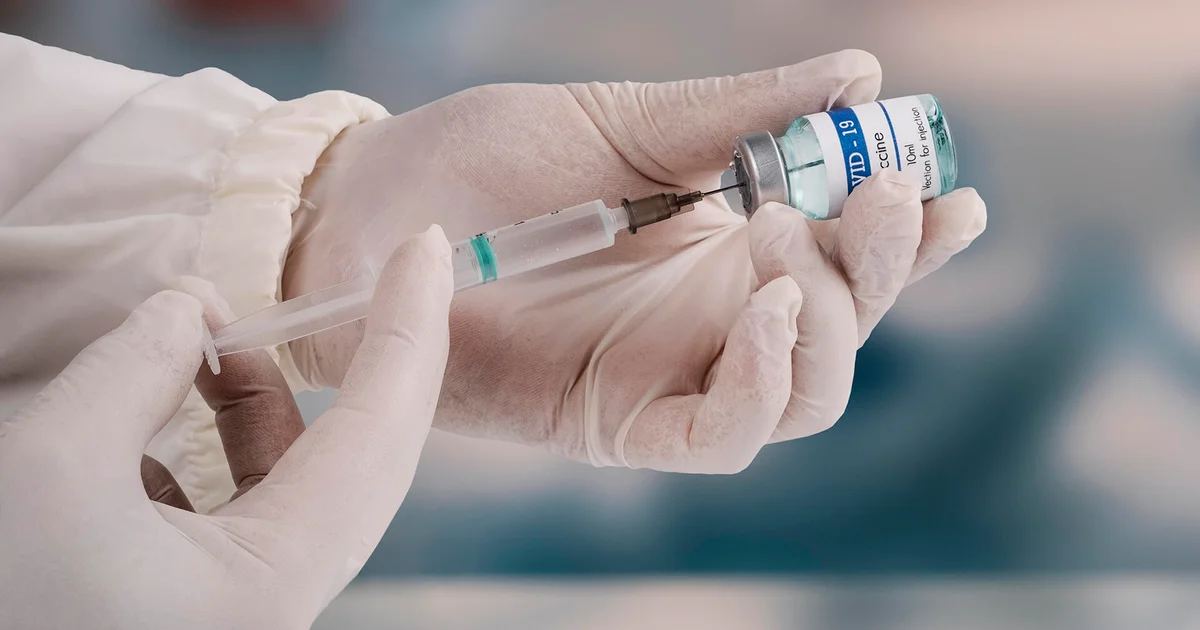
The president advises that pregnant women should avoid Tylenol unless they cannot “tough it out.” The notion that the widely used pain reliever and fever reducer is harmful to developing fetuses is not based on science, say medical experts, autism groups, and the makers of Tylenol.
Roll Call: Trump, Officials Link Tylenol To Autism As Medical Community Balks
President Donald Trump and White House officials announced that the administration will advise against taking acetaminophen, the medicine in Tylenol, during pregnancy, citing widely discredited concerns that it could cause autism, in the latest effort rebuking long-standing public health guidance. Top medical organizations and lawmakers have widely panned Health and Human Services Secretary Robert F. Kennedy Jr. for promoting the theory as he looks to fulfill his promise to find the root causes of autism. (Cohen, 9/22)
Politico: Co-Author Of Study Linking Tylenol To Autism Says Pain Reliever Still An Option
A researcher whose work linking Tylenol to autism was cited by the Trump administration in cautioning pregnant women against taking acetaminophen says the drug still can be used for treating maternal pain and fevers. University of Massachusetts epidemiologist Ann Bauer reviewed existing research in a paper published last month in the journal Environmental Health with Dr. Andrea Baccarelli, the dean of the Harvard T.H. Chan School of Public Health and researchers at the Icahn School of Medicine at Mount Sinai in New York City and the UCLA Fielding School of Public Health. She told POLITICO that while pregnant women should be informed that high-quality studies show a correlation between acetaminophen use and autism, Tylenol and generic versions should remain a pain relief and fever-reduction option for them. (Gardner, 9/22)
The Wall Street Journal: Kenvue Braces For Wave Of New Lawsuits Over Tylenol’s Potential Link To Autism
Kenvue is preparing for an explosion of litigation over its popular pain reliever Tylenol after the Trump administration warned that the drug’s active ingredient is a potential cause of autism. The finding by President Trump’s health officials, which Kenvue and some medical societies dispute, could provide ammunition to plaintiffs’ attorneys who are seeking to reverse losses in older lawsuits alleging the medicine caused the neurodevelopmental disorders. And it could unleash thousands of new lawsuits in the coming years, people familiar with the matter say. (Loftus, 9/22)
More reaction from people in the autism community —
USA Today: ‘We’ve Regressed So Horribly’: Autism Groups Respond To Trump Administration’s Tylenol Claims
The oversimplification of a complex developmental difference that exists on a spectrum of many different abilities and experiences is dehumanizing at best and dangerous at its worst, autism experts, advocacy groups and members of the community told USA TODAY. Shannon Rosa, senior editor of Thinking Person’s Guide to Autism, said that while different autism groups disagree about a number of things, they’ve all agreed that the White House’s latest claim is nonsensical. “It feels to me like we’ve regressed so horribly and intentionally by the administration, because as they’ve demonstrated constantly, they have no interest in actual science,” she said. “They have no interest in research, they have no interest in the welfare of autistic people and their families. They are only interested in whatever people whispering into their ears have told them they should do.” (Walrath-Holdridge, 9/22)
KFF Health News: ‘Sick To My Stomach’: Trump Distorts Facts On Autism, Tylenol, And Vaccines, Scientists Say
Ann Bauer, a researcher who studies Tylenol and autism, felt queasy with anxiety in the weeks leading up to the White House’s much-anticipated autism announcement. In August, Bauer and her colleagues published an analysis of 46 previous studies on Tylenol, autism, and attention-deficit/hyperactivity disorder. Many found no link between the drug and the conditions, while some suggested Tylenol might occasionally exacerbate other potential causes of autism, such as genetics. (Maxmen, 9/22)
The Washington Post: Trump Gave Medical Advice About Tylenol. Here’s What Medical Experts Say.
At the news conference Monday, Trump said there was “no downside” in not taking Tylenol, and he repeatedly warned pregnant women to only use the medication if they had a high fever or felt they “can’t tough it out.” Cynthia Gyamfi-Bannerman, the past president of the Society for Maternal-Fetal Medicine and professor of maternal-fetal medicine at UC San Diego Health Sciences, said the concerns about autism and Tylenol have overshared well-established risks of untreated fevers in pregnancy. “If you don’t take Tylenol when you have a fever, especially in the first trimester, we know that is detrimental to the fetus,” Gyamfi-Bannerman said. (Masih and Cha, 9/23)
More on leucovorin —
The New York Times: F.D.A. To Relabel Leucovorin For Autism Treatment
Dr. Marty Makary, the commissioner of the Food and Drug Administration, announced on Monday that the agency would be modifying the label of a relatively obscure medicine so that “it can be available for children with autism. ”He was referring to leucovorin, or folinic acid, a modified version of vitamin B9, also known as folate — which is naturally found in beans, leafy greens, eggs, beets and citrus. (Caron, 9/22)
The Washington Post: The Drug Trump Plans To Promote For Autism Shows Real (And Fragile) Hope
When Nathaniel Schumann entered the clinical trial for children with autism, he was 8 years old and considered nonverbal. He communicated through gestures and sounds, which his parents were skilled at interpreting. But two weeks after receiving his first dose of the study pill, Nathaniel began to speak — not just words, but full sentences. … Anecdotes such as Nathaniel’s have begun to circulate with increasing urgency through online parenting forums and autism support networks. At the center of these accounts is a decades-old drug, leucovorin, a form of vitamin B9, which is also known as folate. It has been traditionally used as an antidote to toxic effects of a certain cancer drug. (Cha, 9/22)
On vaccine timing —
The New York Times: For Trump, Who Has ‘Strong Feelings’ About Autism, The Issue Is Personal
Mr. Trump’s interest in autism dates at least to December 2007, when he hosted leaders of the advocacy group Autism Speaks at his Mar-a-Lago residence in Florida. He theorized then that babies were getting too many shots at once; a few months later, he said that he and his wife, Melania, had slowed down the vaccine schedule for their son Barron, then about 2. “What we’ve done with Barron, we’ve taken him on a very slow process,” Mr. Trump said at the time. “He gets one shot at a time, then we wait a few months and give him another shot, the old-fashioned way.” (Stolberg, 9/22)
Stat: Trump Questions Vaccine Safety, Urges Changes To Timing
President Trump on Monday suggested an overhaul to how children get vaccinated after claiming, without evidence, that many vaccines are unsafe as currently given. The president said he has talked with health secretary Robert F. Kennedy Jr. about his proposed changes…. The extraordinary remarks included Trump suggesting changes to how many shots children get and the time periods over which they get them. The president did not provide any evidence to support changes — instead, he shared personal feelings of revulsion at the number of shots that babies receive, and recounted an anecdote of a child he said was injured by a vaccine. (Payne, Oza and Cirruzzo, 9/22)
This is part of the Morning Briefing, a summary of health policy coverage from major news organizations. Sign up for an email subscription.



